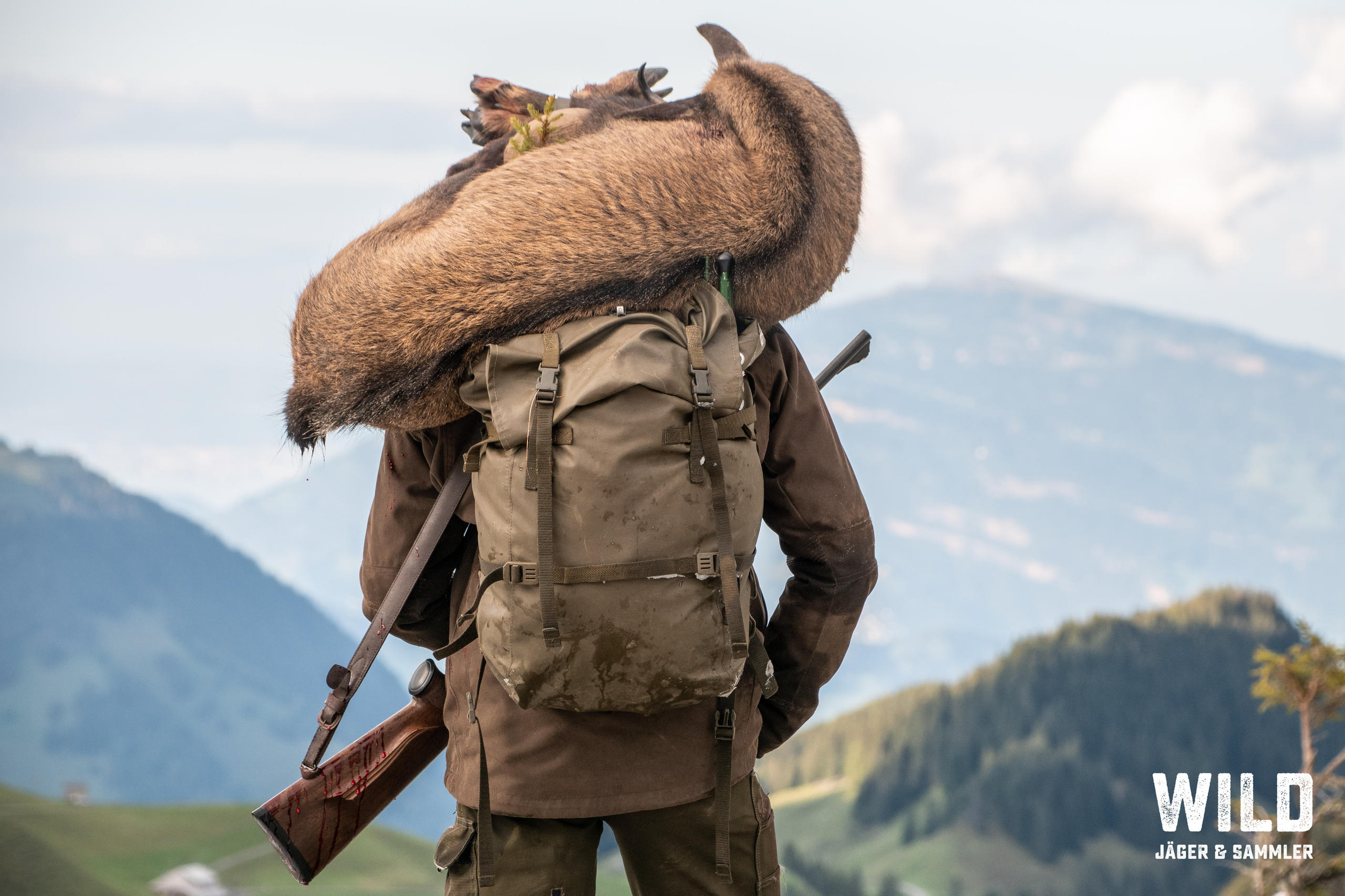
More than 100 wolves shot in Switzerland last year

Swiss hunters legally killed 101 wolves between February 1, 2024, and the end of January 2025. A further six died in accidents or from natural causes.
+Get the most important news from Switzerland in your inbox
According to the Kora Foundation on Friday, 47 wolves have been shot in canton Graubünden since the summer, 34 in canton Valais, five in canton Vaud, three in canton St Gallen and three in canton Ticino. Around 80 wolves were killed the previous year, 39 in the 2022/2023 monitoring year and 16 in the 2021/2022 monitoring year.
+ Wolves in Switzerland: more numerous but less deadly in 2023
At the same time, according to Kora, at least 135 pups were confirmed nationwide last year. Before the culling period ended at the end of January, there were 26 Swiss packs and 11 cross-border packs in Switzerland. The cantons were given permission to eliminate nine of them and 15 were allowed to be regulated by killing a third to two-thirds of the young wolves.
What is your opinion? Join the debate:

More
Are hunters an endangered species in Switzerland?
Translated from German by DeepL/ts
This news story has been written and carefully fact-checked by an external editorial team. At SWI swissinfo.ch we select the most relevant news for an international audience and use automatic translation tools such as DeepL to translate it into English. Providing you with automatically translated news gives us the time to write more in-depth articles.
If you want to know more about how we work, have a look here, if you want to learn more about how we use technology, click here, and if you have feedback on this news story please write to english@swissinfo.ch.

In compliance with the JTI standards
More: SWI swissinfo.ch certified by the Journalism Trust Initiative



























You can find an overview of ongoing debates with our journalists here . Please join us!
If you want to start a conversation about a topic raised in this article or want to report factual errors, email us at english@swissinfo.ch.